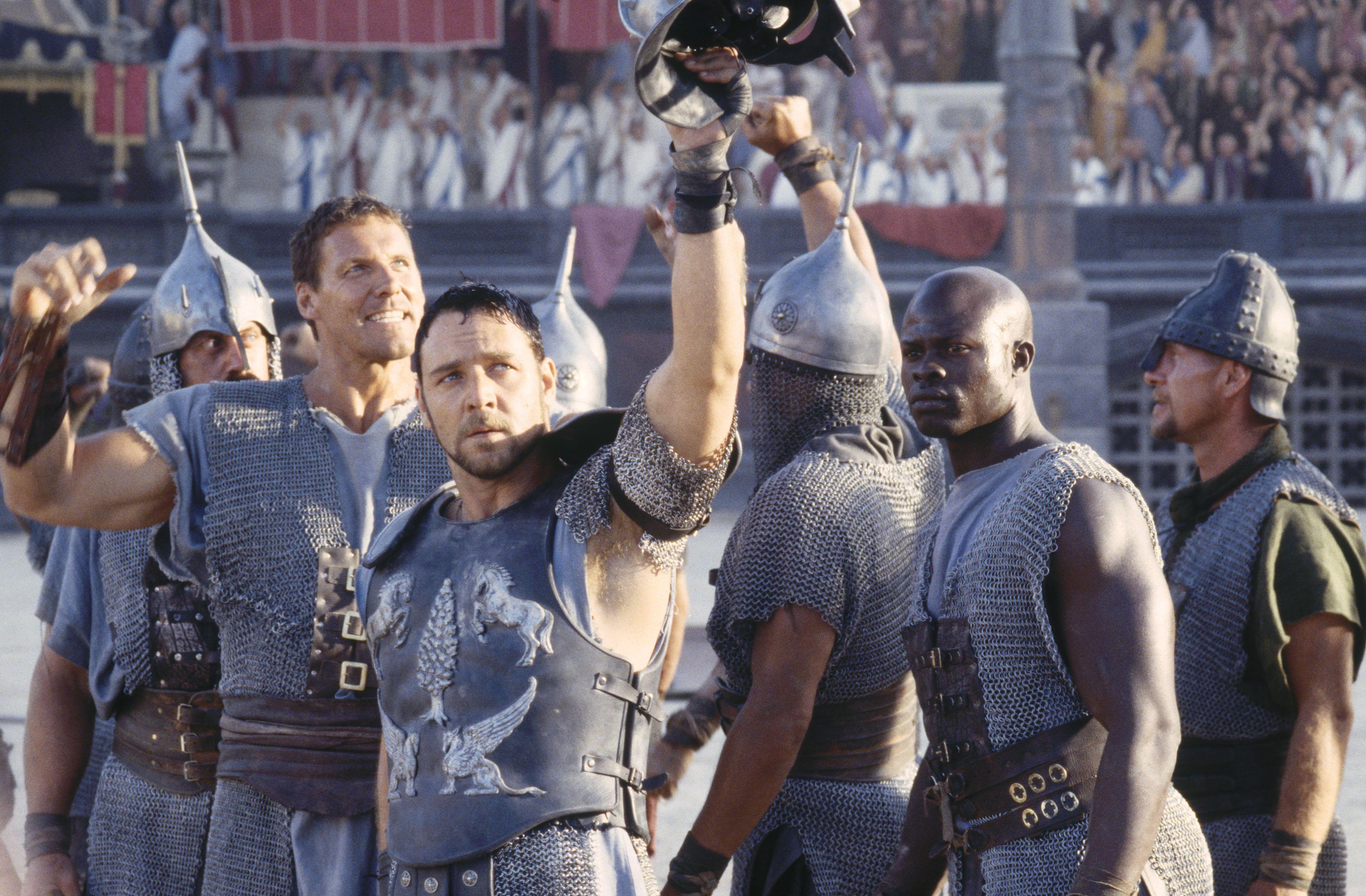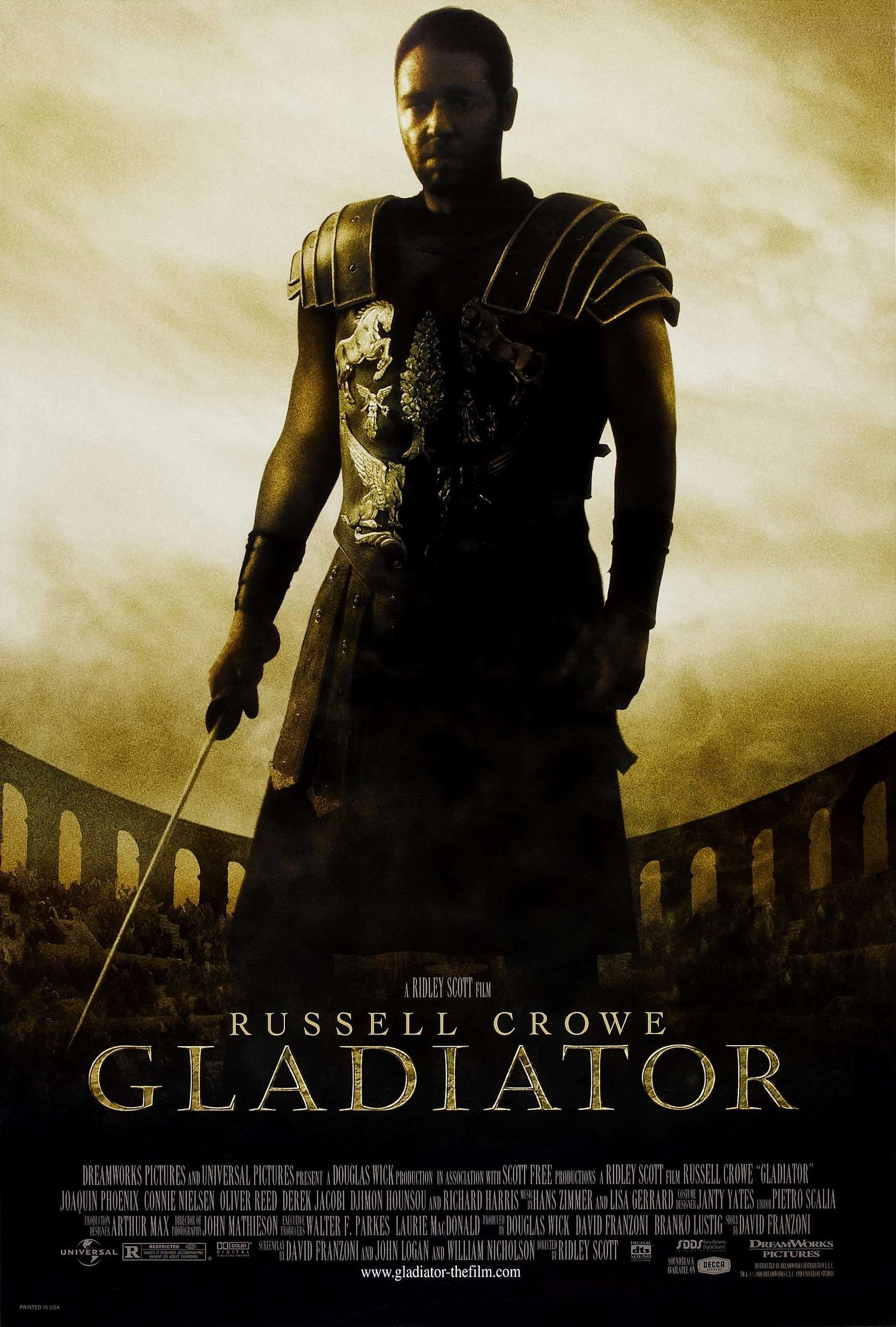Ridley Scott's epic film "Gladiator," released in 2000, captured the hearts of millions with its compelling narrative of vengeance, honor, and the brutal world of the Roman arena. While the movie soared to critical and commercial success, earning multiple Academy Awards, it also carried a profound undercurrent of tragedy behind the scenes. This tragedy centered on the unexpected passing of one of its most iconic actors, Oliver Reed, whose death profoundly impacted the film's production and, ultimately, the fate of his character, Proximo. The circumstances surrounding Oliver Reed's death and how it reshaped the narrative of Proximo's death on screen remain a poignant chapter in cinematic history, a testament to both the fragility of life and the ingenuity of filmmaking.
The character of Proximo, the grizzled gladiator trainer who buys Maximus as a slave and eventually becomes his reluctant mentor, was brought to life with unforgettable intensity by British actor Oliver Reed. His portrayal was pivotal to Maximus's journey, offering moments of both harsh realism and surprising empathy. However, midway through the filming of this cinematic masterpiece, the world lost a Hollywood icon. This article delves into the real-life tragedy of Oliver Reed's passing and explores how it led to a significant rewrite of Proximo's story, culminating in the poignant on-screen depiction of Proximo's death, a moment forever etched in the minds of fans.
Table of Contents
- The Enduring Legacy of Gladiator
- Oliver Reed: A Hollywood Icon's Journey
- The Unforeseen Tragedy: Oliver Reed's Death During Production
- Rewriting Destiny: Proximo's Death in Gladiator
- The Digital Immortality: Completing Proximo's Arc
- Proximo's Impact: Mentor, Survivor, Legend
- Beyond the Screen: The Human Element of Filmmaking
- The Lasting Echo: Why Proximo's Death Resonates
The Enduring Legacy of Gladiator
Ridley Scott's "Gladiator" stands as a monumental achievement in cinematic history, revitalizing the sword-and-sandal epic for a new generation. Its gripping narrative, stunning visuals, and powerful performances, particularly from Russell Crowe as Maximus and Joaquin Phoenix as Commodus, resonated deeply with audiences worldwide. The film’s exploration of themes like honor, revenge, freedom, and the corrupting nature of power cemented its place as a modern classic. Beyond the grand spectacle of the arena, "Gladiator" offered a human story, filled with characters who, despite their flaws, were deeply relatable. Among these complex figures was Proximo, a former gladiator who understood the brutal realities of the arena better than anyone. His cynical yet ultimately redemptive arc provided a crucial anchor for Maximus's journey, making his eventual fate, and the real-life events that shaped it, all the more impactful. The film's success, however, was tinged with a profound sadness due to the unexpected passing of one of its key actors, leading to an unplanned but memorable depiction of Proximo's death.
Oliver Reed: A Hollywood Icon's Journey
Oliver Reed was a British actor whose career spanned over four decades, leaving an indelible mark on film and television. Known for his robust physique, commanding presence, and often volatile off-screen persona, Reed was a true larger-than-life character in the annals of Hollywood. He had a reputation for intense performances and a rebellious spirit that often blurred the lines between his on-screen roles and his personal life. His filmography boasted a diverse range of roles, from historical dramas to horror films, showcasing his versatility as an actor. However, it was his final role as Proximo in "Gladiator" that would, perhaps unexpectedly, become one of his most remembered and poignant performances.
Early Life and Career
Born Robert Oliver Reed on February 13, 1938, in Wimbledon, London, he was the nephew of director Carol Reed and the grandson of actor and stage manager Herbert Beerbohm Tree. Despite this theatrical lineage, Reed initially struggled in school and held various odd jobs before turning to acting. He began his career in the late 1950s with minor roles in films and television series, including "The Golden Spur" and "R3." His breakthrough came in the 1960s with roles in Hammer horror films, which showcased his imposing screen presence. Over the years, he starred in notable films such as "The Big Sleep" and "Castaway," building a reputation for powerful, often intense, portrayals. His dedication to his craft, even amidst personal challenges, was undeniable.
Personal Struggles and Public Persona
Oliver Reed's life was as dramatic as his on-screen performances. His links with alcoholism had been well documented over the years, contributing to a public persona that was both celebrated and controversial. By the late 1990s, there was hope that "Gladiator" would serve as the right tool to kickstart a comeback for the troubled actor, offering him a significant role in a major Hollywood production. Director Ridley Scott was aware of Reed's history and, according to a 20th-anniversary oral history of "Gladiator" published by Variety in 2020, he made Reed promise that he wouldn’t drink during filming. This commitment underscored the importance of the role and the trust placed in Reed's ability to deliver a memorable performance as Proximo.
Here is a brief overview of Oliver Reed's personal data:
| Full Name | Robert Oliver Reed |
| Born | February 13, 1938 |
| Died | May 2, 1999 (aged 61) |
| Nationality | British |
| Occupation | Actor |


